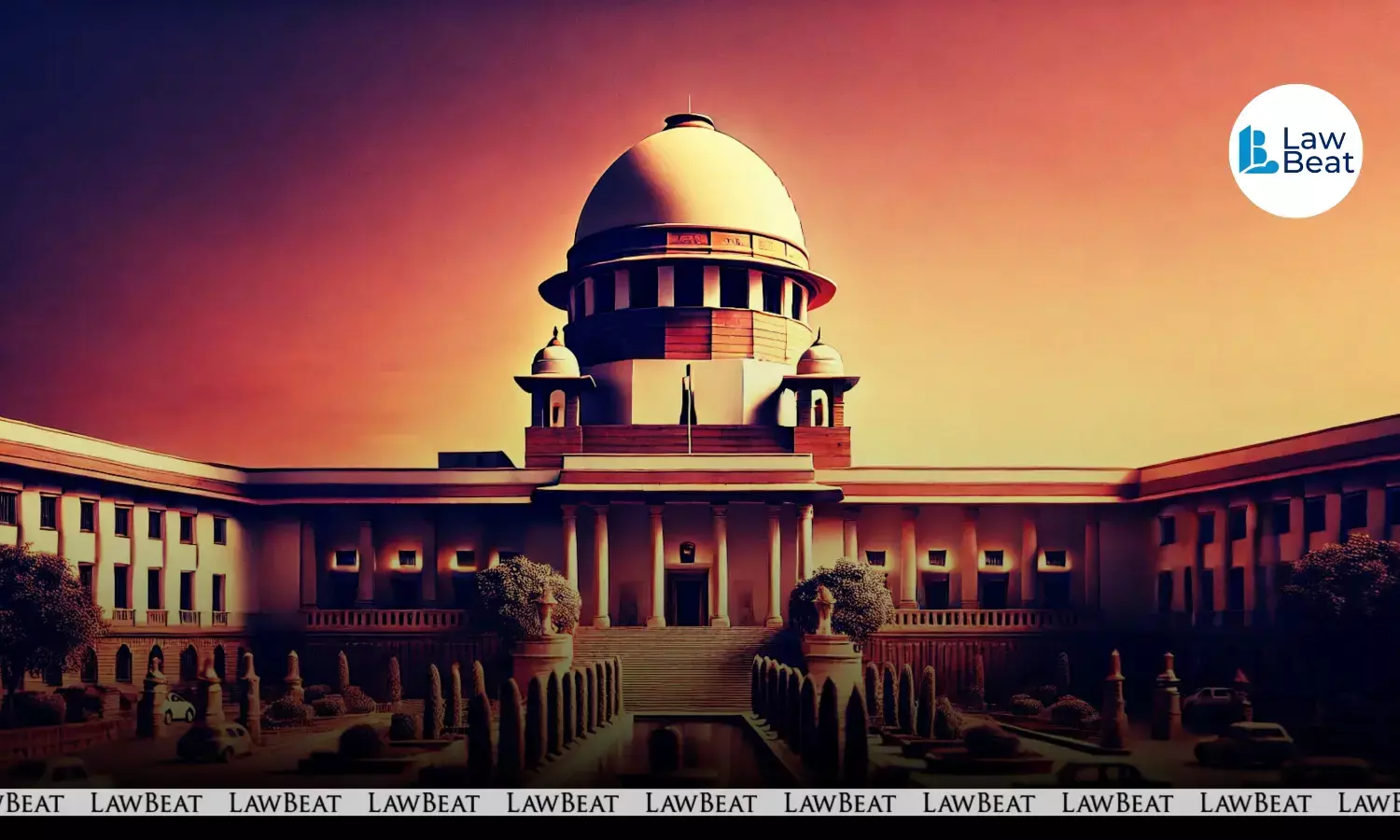‘You Can’t Claim Property Decades Later in the Name of Oral Gift’: SC Clarifies How Hiba Works Under Muslim Law

PIL by NGO Janshruti (People's voice) challenges the Collegium system, seeks transparent and accountable reforms in judicial appointments
The Supreme Court recently set aside concurrent findings of the Karnataka High Court and a trial court that had partly upheld a woman’s ownership over 24 acres of land allegedly gifted to her by her late mother through an oral Hiba (gift) under Mohammedan law, stating that the claim was unproven and barred by limitation.
A bench of Justices S.V.N. Bhatti and Ahsanuddin Amanullah allowed the appeal filed by five purchasers namely Dharmrao Sharanappa Shabadi and others who had challenged the High Court’s 2022 order granting ownership of the entire 24 acres and 28 guntas to the respondent, Syeda Arifa Parveen, on the basis of an unregistered oral gift.
The dispute revolved around agricultural land in Survey No. 107, Kusnoor village, Gulbarga, originally owned by Khadijabee, who secured it in a 1987 partition decree. Parveen claimed that Khadijabee orally gifted her 10 acres in December 1988 and executed a memorandum of gift in January 1989. After Khadijabee’s death in 1990, her husband Abdul Basit allegedly took over the property and sold it in 1995 to the defendants through five registered sale deeds.
When Parveen filed a civil suit in 2013 seeking ownership and cancellation of the sale deeds, both the trial court and the High Court partly accepted her version. The trial court had held that she was entitled to ¾ share in the land as the daughter of Khadijabee, while the High Court went further, validating the alleged Hiba and declaring her the absolute owner of the entire land.
However, the Supreme Court found multiple flaws in these conclusions. It noted that both lower courts had relied heavily on oral testimony of relatives without any documentary evidence such as birth, school, or ration records to establish Parveen’s lineage. The bench held that the High Court “acted beyond jurisdiction” in modifying the trial court’s decree without a cross-appeal, citing the precedent in Banarsi v. Ram Phal (2003).
Court also held that the claim of Hiba was legally unsustainable since possession, an essential ingredient of a valid Muslim gift, was never transferred or reflected in the revenue records. “The exhibits relied on by the plaintiff do not enable presuming possession… there is no evidence of either actual or constructive delivery,” the bench observed, finding the High Court “liberal” in accepting inconsistencies.
Court clarified that under Mohammedan Law, a gift need not be in writing to be valid i.e. an oral gift fulfilling the three essentials of declaration, acceptance, and delivery of possession is both complete and irrevocable. Reducing such a gift to writing does not alter its legal character, and registration is not mandatory even if it records a past oral gift, since Section 129 of the Transfer of Property Act preserves the distinct rules of Muslim law from the general registration requirement in Section 123.
Further, emphasising that delivery of possession is the cornerstone of a valid hiba, court said it may be actual or constructive, demonstrated through actions like mutation of the donee’s name in revenue records. The donee must show continuous and exclusive control over the property for instance, collecting rent or managing the land to establish that the gift was acted upon, while continued control by the donor or absence of mutation indicates that possession was never transferred
In the case at hand, court also held that the 2013 suit was time-barred, observing that Parveen remained silent for over two decades after the property was mutated in Abdul Basit’s name and later transferred through registered deeds. “Constructive notice must be imputed to the plaintiff,” the judgment said, stressing that a prudent person would have acted to protect ownership much earlier.
Court said that possession is one of the important conditions to constitute a valid oral gift, Hiba in Muslim law and it cannot sprout into transfer of a property as per convenience of a party.
Concluding that the findings of both the trial court and the High Court were perverse and unsupported by evidence, the Supreme Court dismissed Parveen’s suit in entirety and restored ownership to the purchasers. “For the above reasons, the impugned judgments are set aside, the plaintiff’s suit is dismissed, and the appeal is allowed,” the bench declared, without awarding costs.
Case Title: Dharmrao Sharanappa Shabadi and Ors Vs Syeda Arifa Parveen
Judgment Date: October 07, 2025
Bench: Justices S.V.N. Bhatti and Ahsanuddin Amanullah
